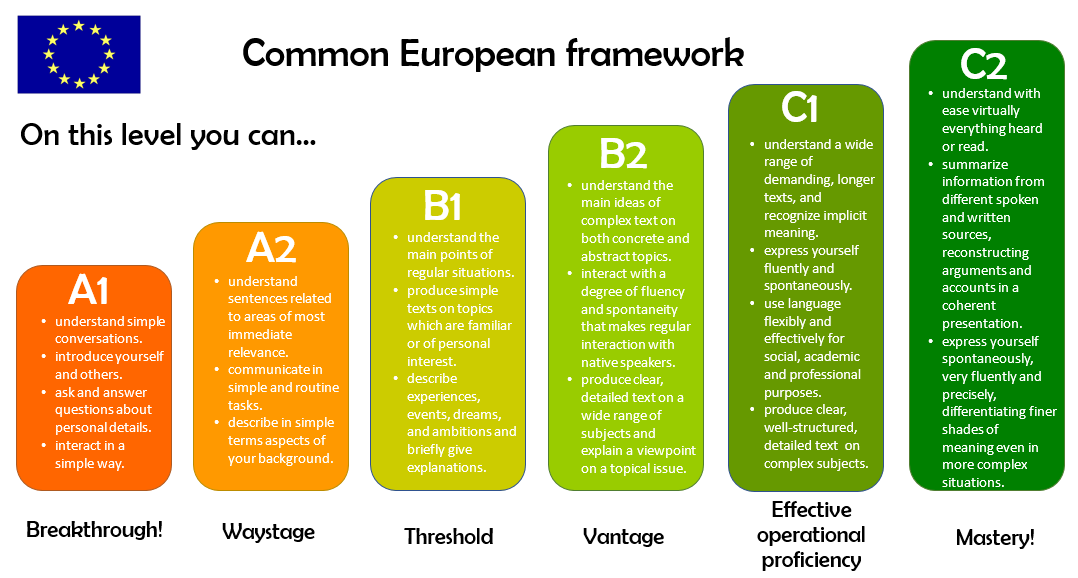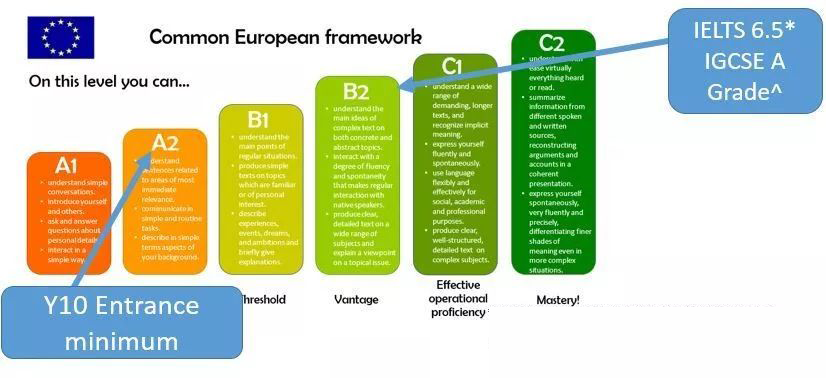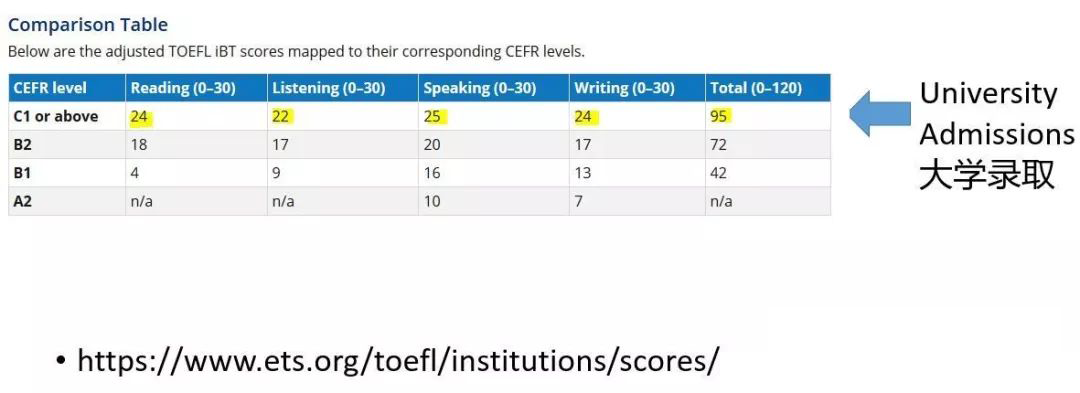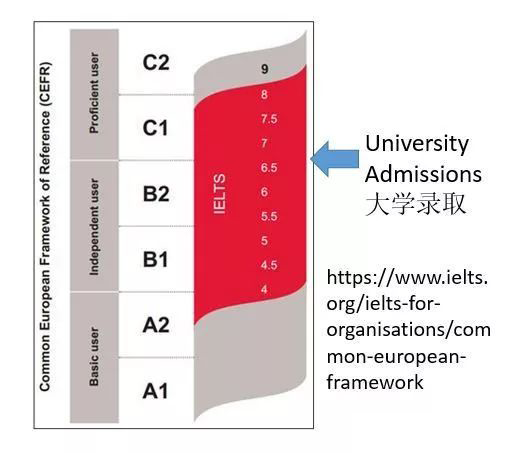Parent Academy: English Test Preparation

Parent Academy: English Test Preparation
Improving English language skills is one of the most effective ways for students at Dulwich International High School Suzhou to improve their understanding and grades quickly. What are some ways the English department at Dulwich International High School recommend to help students learn effectively?
Vocabulary
Expanding their vocabulary by learning new words is a fundamental way to improve. Words are the bricks that build the wall of knowledge! We believe students must move beyond simply translating words on the page into their native language, and move towards understanding “chunks” of text in English. The best way to learn new words is by reading quality texts at the right level. Then, when students encounter new words, we recommend:
•Using an English dictionary to confirm a meaning AFTER students have found a translation in a Chinese dictionary – this will help them form an understanding in English as well as Chinese
•Learning not just the meaning, but how the word form takes changes as a noun and a verb or other words forms– this will improve grammar as well. These changes do not happen to Chinese words.
•Using an app like Quizlet or Duolingo to practice; or vocabulary flashcards.
•Repeating the practice for a short time each day.
•Being able to explain the word in English and in Chinese
•Being able to produce the word in both Speaking and Writing without an exercise prompt.
Students can ask a librarian or their English teacher to help them choose a text at an appropriate learning level. At the lower school, students are also provided with vocabulary lists for each unit. It is better, to begin with easy texts where students may only find one or two new words on each page – this helps build confidence and supports their ability to learn new words from the context in which they appear. If they stay interested in reading, they will return to books again and again over the long term!
Improving Grammar
Our students have learned a lot about grammar tenses in middle school. However, the focus there is on the form of the grammar. In high school, we prefer to view grammar structures as tools students can use to make their meaning clearer and their language appropriate to their audience. That means students need to learn when and how to deploy the grammar, and not just how to use different tenses in isolation.
Our students’ grammar is mainly assessed in their writing and in their speaking so that they must be comfortable showing not only the accuracy of their grammar, but also the range of grammar they can use. Writing and speaking tests will not give them many clues on what knowledge they need to show; so they must learn to “read between the lines” of questions to understand what knowledge the questions are prompting them for. To improve their grammar, we suggest:
•Paying attention to studying and learning the names of tenses and structures, not just in Chinese, but also in English. This is important knowledge that can help them access English-language preparation materials; and also helps them to understand their teacher’s feedback about their grammar.
•Reading English exam questions for language and not just content – students need to be aware that the question will show them not only what to write, but also how to write it. They must pay attention to these clues.
•Taking risks with writing and speaking. The difference between a C grade and an A grade is that you get more points for trying a range of grammar than you do for being accurate with simple tenses.
•Practicing on your own – students can record themselves speaking and listen back to what they are saying, and pay attention to the number of different structures they use.
Skills
Writing, speaking, listening and reading skills practice are all incorporated into each year’s curriculum. The most important thing students can do to improve these skills is practice, practice, practice! They should not be afraid to speak English to their teachers and their peers. They should also push themselves to write increasingly long texts in full sentences where appropriate. Listening can be supported by listening to podcasts, films, and even pop music in English. Pop music is an excellent choice, because it is repetitive and memorable. Whatever the case for other skills, please encourage your children to pursue daily English reading in an area that interests them. It could be the news, non-fiction books, a novel, comic books, or even online. The more exposure they get to English, the more confidence they will have to learn more!
What are language proficiency tests?
•IGCSE ESL – High School English qualification
•TOEFL or IELTS – Language proficiency tests – ETS or British Council
Standardized Test
•SAT or ACT – College Board or ACT, Inc
Why do students need these tests?
•IGCSE ESL – as part of their language/humanities prerequisites in high school curriculum- for college acceptance
•TOEFL/IELTS – for their study visas and for college acceptance;
•Cut-offs matter – dependent on universities
•Individual section requirements for score
•SAT/ACT – some American and some international universities admissions
What standards can the tests be measured against?


IGCSE ESL (0511/0510)
•Preparing for this qualification will teach students how to read, write, speak, and listen fluently and move towards B2
•Students who work towards an A in this course are also improving their potential results for IELTS/TOEFL
•Preparing for these simultaneously is not recommended
Should I choose TOEFL or IELTS?
•US versus UK – not all US universities require TOEFL – many also accept IELTS. Check on the universities website
•IELTS provides a more natural transition from IGCSE – listening and speaking format are similar because they both are CIE exams
•TOEFL relies on recorded speech and automated raters for writing
What about the scores? TOEFL & CEFR


How are the test results used?
•Universities are looking for balanced score patterns between:
•Transcript grades
•Language proficiency exam
•SAT if used SAT
to reinforce the student profile – getting a lucky high score on a test day on one test is not enough.
•Test results have expiry dates – TOEFL & IELTS results expire after 2 years – so don’t test before summer at end of Y11!
What do the tests actually assess?
•IGCSE ESL tests R/W/L/S second language proficiency in both daily life and academic contexts
•TOEFL/IELTS test second language proficiency:
•The ability to read college-level texts
•Listen to academic and daily life conversations
•Write two different types of academic texts
•Speak for a limited time period on a prompt
•SAT/ACT are first language exams:
•meant for student who have 6 years of English Language Arts study (language sections only) alongside a broader range of academic skills
•Meant to measure college-readiness
•Not measured against CEFR
What is the DHSZ approach to language proficiency preparation?
Lower School
•Focus on increasing range and accuracy of vocabulary and grammar – receptive and productive skills (R-L-S-W)
•Focus on reading texts for details and building vocabulary
•Working towards writing for different text types and audiences (CEF B2)
•Working towards speaking for 15 minutes without preparation on a variety of topics (CEF B2-C1)
Upper School
Y12 students continue to learn skills in the CEFR standards B2-C1
•Text analysis
•Presentations
•Use of advanced academic and literary writing techniques (Persuasive and Research texts)
•Test-prep module in TOEFL, IELTS, or SAT
•Course aims to help students understand exam format, not develop language skills
•Integrated into Y12 English curriculum
•Boosts confidence in taking the exam
SAT
•Recognized by US Universities
•Not required by ALL US Universities
•Students should know:
•If TOEFL results are below 90, do not attempt SAT
•Critical Analysis in reading is important
•Repeated attempts at the exam are not recommended
Y13:
•Students choose between “Advanced” or “Academic” English – (B2-C1)
•Focus on supporting language skills for:
•Advanced: Literary analysis and writing techniques
•Academic: Research and university text-type techniques
When do we generally recommend taking tests?
•TOEFL/IELTS – not before summer after Y11
•June in Y11; plus another in Y12
•SAT – not before scoring a 90/6.5 on TOEFL/IELTS
•October Y12 for strong candidates; March Y12
How many times should students take the tests?
•Frequent testing is not recommended – scores only improve after significant hours of instruction – expect up to at least a year to improve a band in IELTS – especially between B2-C1
•SAT/ACT - Some universities require every score ever taken to be reported; the more scores, the less proficient they look.
•If the increase is too rapid; it may lead to score cancellation
Where should students take the tests?
•TOEFL/IELTS – Any accredited center
•ACT – universities will expect students to take it at DHSZ
•SAT – Hong Kong Expo (least cancellations)
•They must use the school’s CEEB score (694496) or the score will be canceled.
Specific Advice
•Take the IGCSE ESL exam seriously; use past papers; notes and handouts to revise regularly as they support B2 skills
•Focus on preparing for the IGCSE Exam in Y10 & Y11 to build a solid language foundation
•TOEFL/IELTS measure students’ abilities at a point in time – they are not a curriculum that will build students’ knowledge of language
•Preparing externally for TOEFL/IELTS should focus on test knowledge only – don’t expect your child to improve language proficiency by preparing for these exams
General Advice for Improving Language Proficiency
•Read some non-academic English text every day – the news; a novel; a well-edited magazine like the Economist (available at the library)
•Texts should not be at too high a level – begin on texts where you understand 98% of words on the page; gradually working to more difficult texts
•Note and repeat new vocabulary – following one news story reinforces vocabulary sets
•Listen to TV or films with English subtitles turned on






